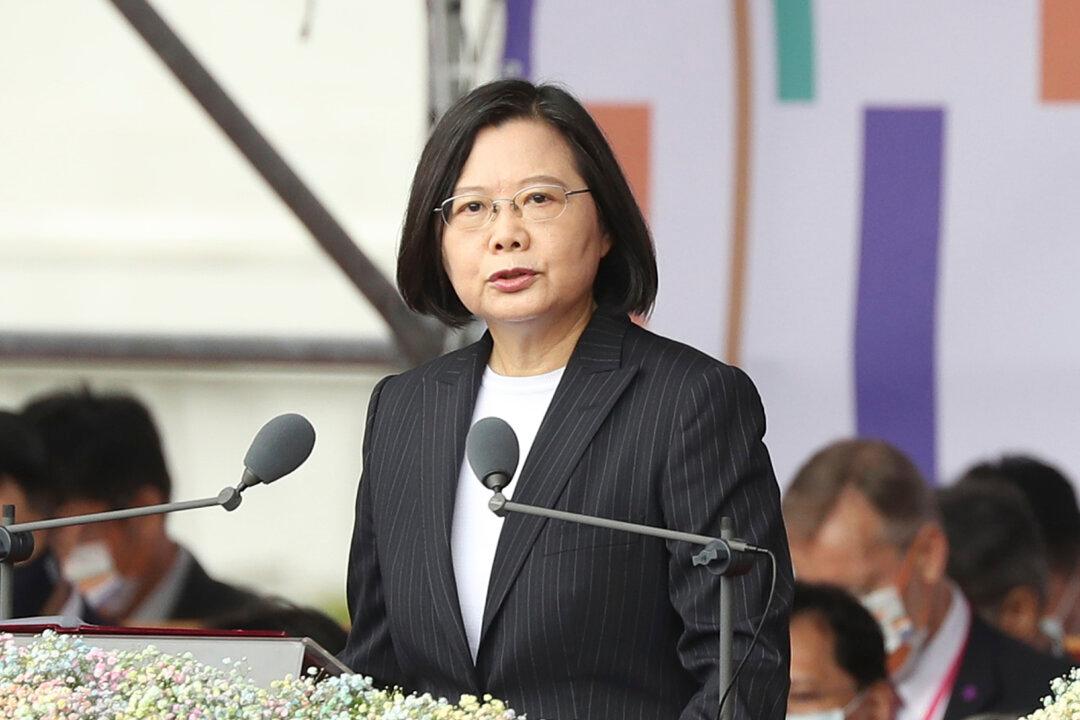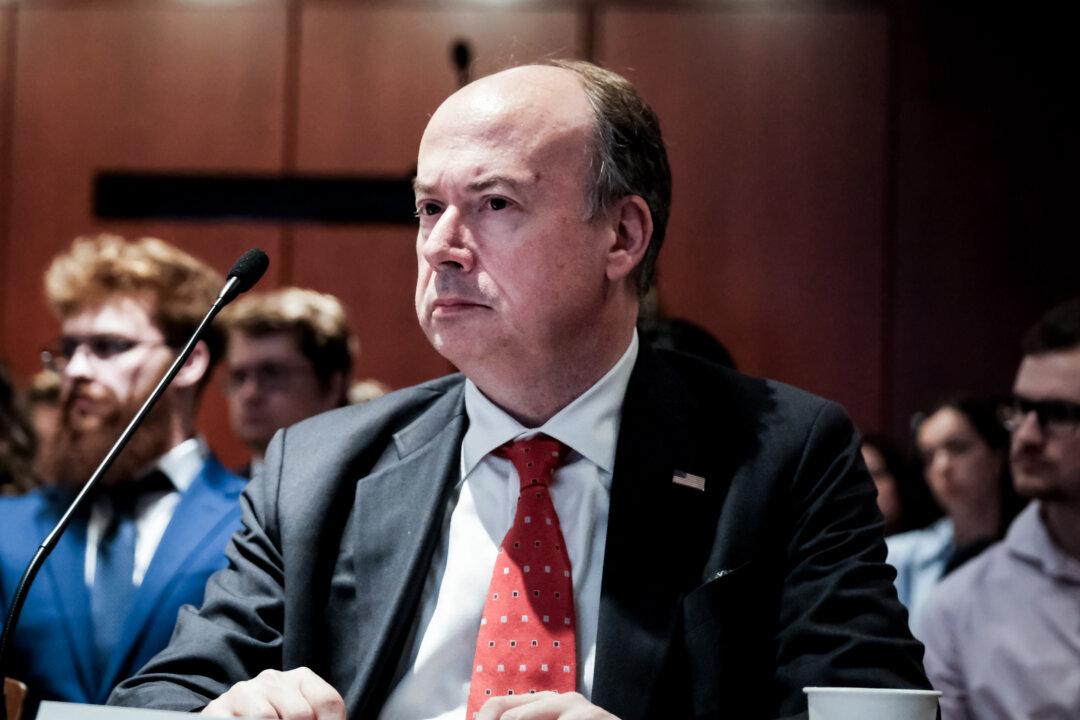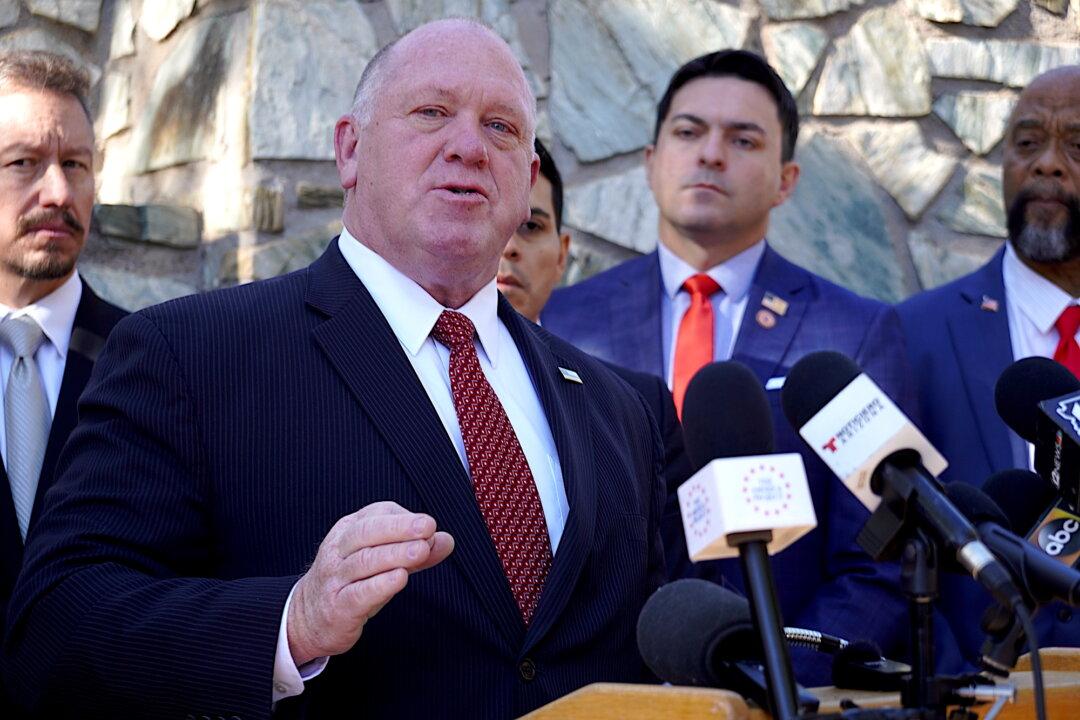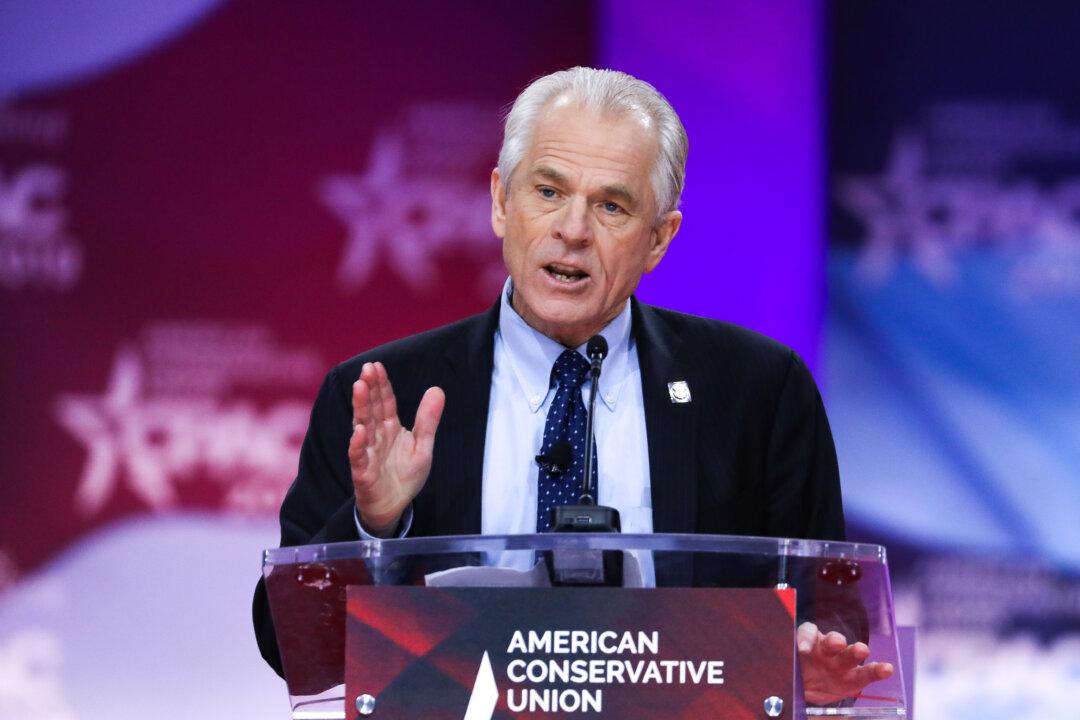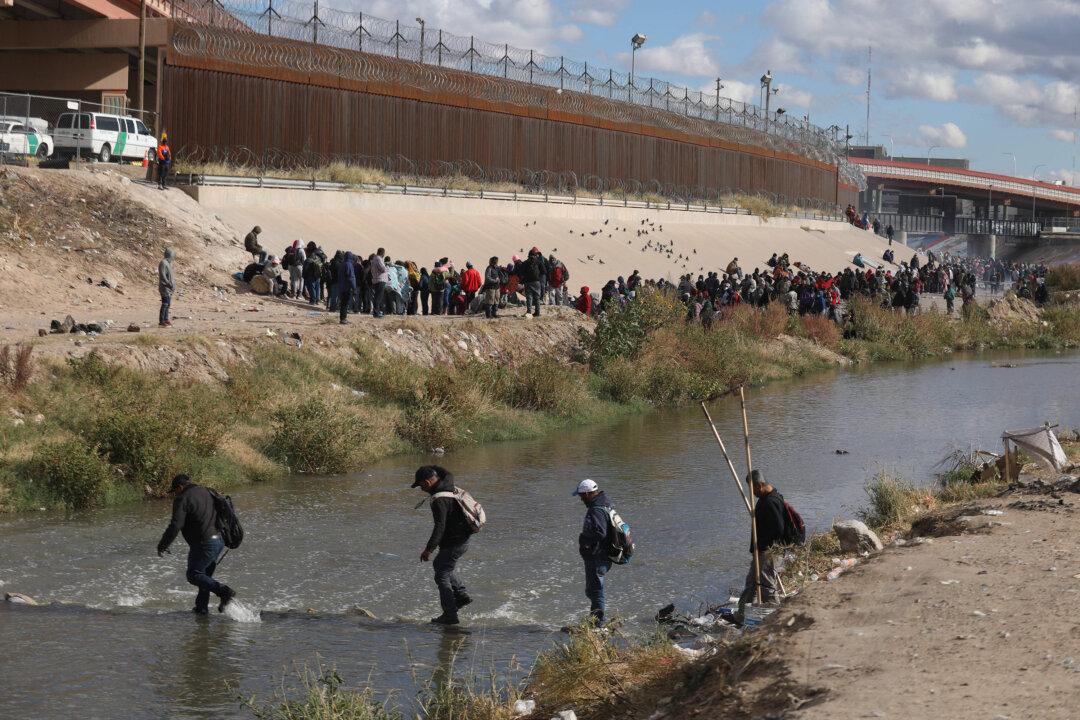Despite China’s intensifying military threats against Taiwan, the democratic island is “not alone,” as it shares common values with many nations, a Taiwanese official said earlier this week.
During an interview in Taipei with The Epoch Times, Dr. Shiing Jer Twu, chairman of Taiwan’s Development Center for Biotechnology, spoke about Beijing’s ongoing threats to invade and subjugate free and democratic Taiwan.
